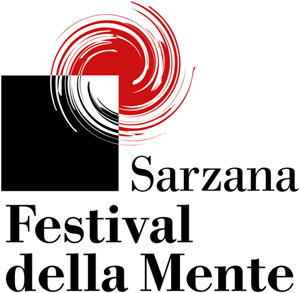2012 Programme
Event #18
Erri De Luca
Words as tools
Dylan Thomas wrote: “Hands have no tears to flow”. Erri De Luca replies: “True, but the right hands can dry tears out”. For even writing means using one’s hands. So in the view of the Neapolitan writer words take on the character of tools, tangible instruments of leisure to find one’s way back home. Words like flints struck by the writer, words that leave us with callused hands and a short breath. Writing like mountain-trekking: one step after another, constantly threatened by the slippery ground, our only footholds are commas, semicolon and new paragraphs. A view of writing emerging just at a time when everything is de-materializing, becoming abstract and digital. And when manual labor is subjected to constant blackmail: either give up your rights and become subservient or be expelled.
the writer, journalist, translator, has worked a number of jobs, mainly as a builder, in Italy, France and Africa. He has taught himself Yiddish and Hebrew and has translated a few books of the Bible into Italian. His books are published by Feltrinelli: Non ora, non qui (1989), Una nuvola come tappeto (1991), Aceto, arcobaleno (1992), In alto a sinistra (1994), Alzaia (1997), Tu, mio (1998), Tre cavalli (1999), Montedidio (2001), Il contrario di uno (2003), Mestieri all’aria aperta (con G. Matino, 2004), Solo andata (2005), In nome della madre (2006), Almeno 5 (with G. Matino, 2008), Il giorno prima della felicità (2009), Il peso della farfalla (2009), E disse (2011), I pesci non chiudono gli occhi (2011), Il torto del soldato (2012). He has translated and edited Exodus (1994), Jonas (1995), Ecclesiastes (1996), Ruth (1999), The Life of Samson (2002), The Life of Noah (2004), Pushkin’s The Stone Guest (2005). Le sante dello scandalo was published by Giuntina in 2011.
Event #3
Anna Salvo
Sorrow is like a telescope that helps us look into the distance: creatività and suffering

Event #4
Andrea Moro
I speak, therefore I am Like the starry sky: visions of language across the centuries

Event #28
Mauro Agnoletti, Ilaria Borletti Buitoni
Culture, environment, landscape. For a possible, sustainable future





















